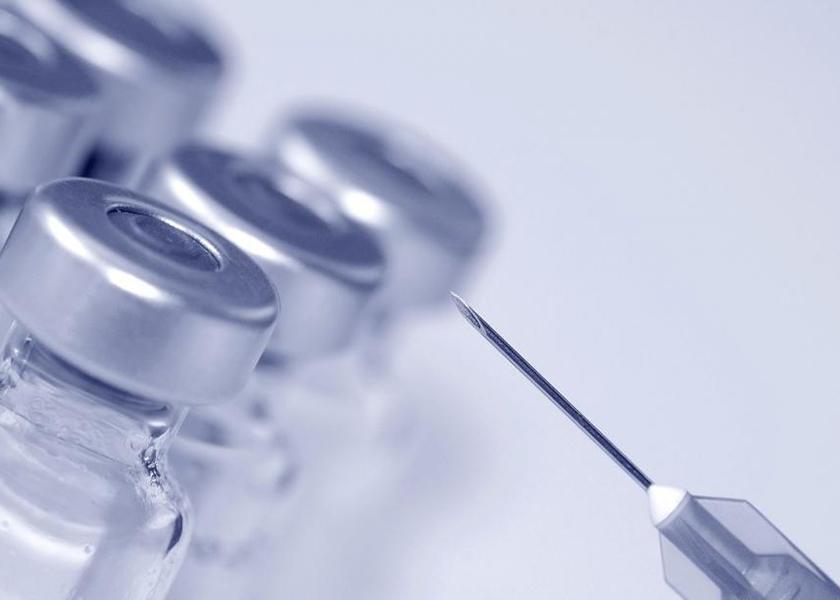Merck to Help Produce COVID-19 Vaccine, Won’t Impact Livestock Sector

Merck recently announced that it has entered into multiple agreements to support the efforts to expand the manufacturing capacity and supply of the SARS-CoV-2/COVID-19 medicines and vaccines. The company will assist Janssen Pharmaceuticals, Inc., one of the Janssen Pharmaceutical Companies of Johnson & Johnson, to support the manufacturing and supply of Johnson & Johnson’s vaccine and will use its facilities in the United States to produce drug substance, formulate and fill vials for Johnson & Johnson.
Additionally, Merck has received $268.8 million in funding from the U.S. Department of Health and Human Services to adapt and make available a number of existing manufacturing facilities for the production of the COVID-19 vaccine.
“At Merck, we have a rich legacy in vaccine manufacturing and look forward to combining our expertise with Johnson & Johnson to help increase supply and expand access to authorized SARS-CoV-2/COVID-19 vaccines,” says Sanat Chattopadhyay, executive vice president and president, Merck Manufacturing Division, in a company press release.
However, some livestock producers are worried this shift in production could lower the production of animal vaccines. According to Thomas Schad, Director of Communications for North America, that’s not the case.
“For the most part, our animal vaccine plants are USDA approved. This particular [COVID-19] vaccine is FDA approved. So, that’s why it most likely won’t impact livestock because it won’t be produced at animal manufacturing facilities,” he says. “We’ll adapt like we always do. I can’t say that it won’t affect livestock at all, but for now we’re not planning to use those facilities to produce [COVID-19] vaccines.”
Merck will start manufacturing the COVID-19 vaccine in its human manufacturing facilities later this month.







